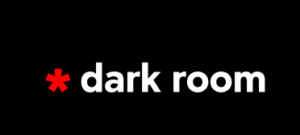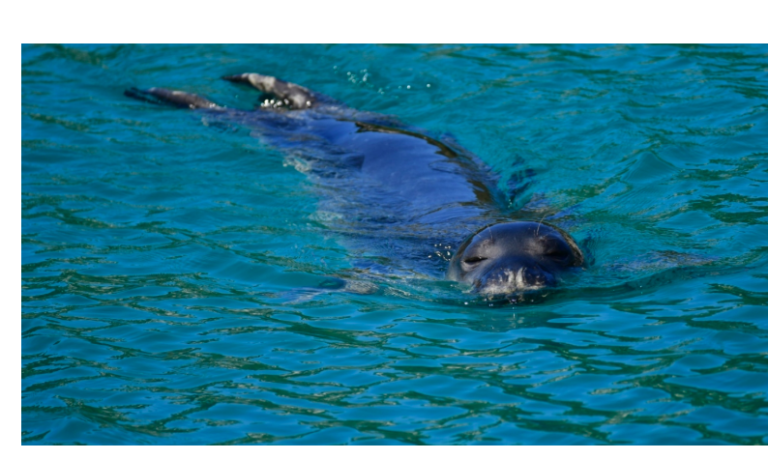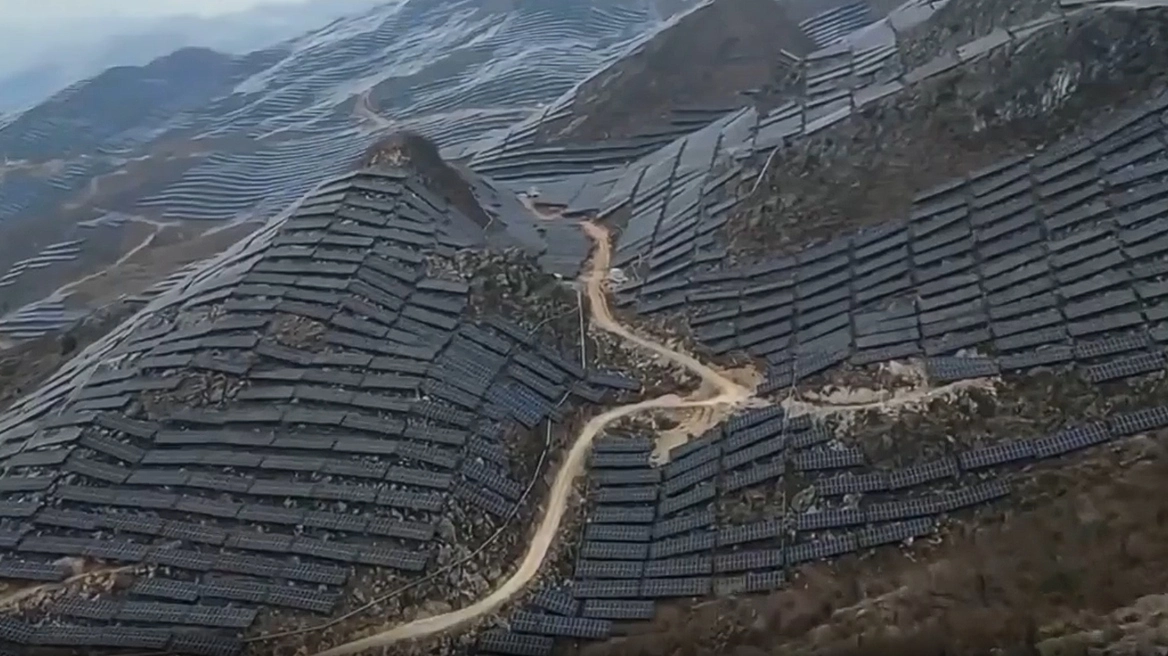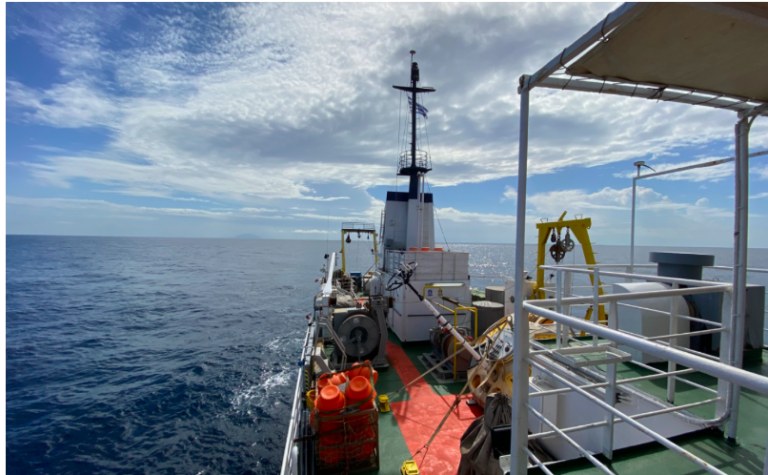Good morning. Yesterday, the government made some damage-control moves to put out the mega fire sparked by the pay raises for uniformed personnel. Minister Pierrakakis was on TV in the morning, followed by the government spokesperson at the briefing, both politely and indirectly saying, “Guys, calm down—you’ll get your share too,” mainly addressing police officers and, by extension, coast guards and firefighters. And I say “indirectly” because if we start dishing it out openly now… even the priests will be asking for raises, as my source put it. I just have one question: since the grumbling started last Friday, and in the end—rightfully—they were going to give the raises, why did they make such a mess of it, sour the mood, and let things escalate to the point of total uproar?
Adonis
Now let me make a special mention of Adonis. First, let’s note that in 2024, Georgiadis cut around 1 billion euros from his ministry (mainly through clawback), gave raises to doctors and NHS staff, and the Prime Minister himself announced these at the Thessaloniki Fair. You may not like Adonis’s style, speech, or tone, but that’s as far as the criticism should go. Adonis backed ND and Mitsotakis personally during the party’s wilderness years in opposition. He was attacked and mocked over Novartis, KEELPNO, and became SYRIZA’s punching bag.
Then, during the government years from 2019 onwards, he was always the first to stand firm during major crises—from the wiretapping scandal to Tempi and more. Adonis isn’t just “good” when it’s convenient! When Samaras was expelled months ago—despite being a close friend—Adonis now takes detours in Parliament to avoid being seen with him, so Maximos Mansion doesn’t get upset if they’re photographed together. If he’s no longer fit to be Health Minister, reassign him or dismiss him outright. Don’t “downgrade” him in the reshuffle rumors—one day saying he’s out, another that he’s staying, or that he’s being moved to a lesser role. Don’t have him go out and speak on Tempi and then claim he did so on his own initiative, or that you’ve forbidden him from appearing on TV again.
And of course, don’t put him in the “leaks pile” suggesting he’s being punished for saying that uniformed officers deserve raises. Because it’s not Adonis who takes the hit with things like that—it’s the image of the government. Especially when another relevant minister had already made similar statements, along with 15 ND MPs. In life, as in politics, when you start losing your natural allies—even if they occasionally misstep—it rarely ends well.
Appointments for ‘massaging’
I’m thinking of posting someone at the side entrance of Maximos on Vasileos Georgiou Street, since I hear there’ll be a flurry of meetings with MPs in the coming days. Mitsotakis will be having meetings, as will Mylonakis and Nezis, who handle MP relations. The aim is simple: avoid any “surprises” at Friday’s Parliamentary Group meeting—like someone demanding a ballot vote for the parliamentary secretary. The candidate, Apostolos Vesyropoulos, has reportedly made calls himself and hasn’t detected any suspicious moves. Still, some remarks and complaints from MPs are expected. After all, if they’re saying things on TV, surely they’ll speak up in the PG meeting too (so they can be invited back to the TV channels afterward)?
Nikos and the internal enemy
Over at PASOK, the grumbling hasn’t stopped—even from friends of Nikos A. who stood with him in the elections. From the lack of meetings to the way decisions are made, the complaints pile up. Tomorrow afternoon, EDEKAP will meet to decide on Batzeli, and the key issue will be Androulakis’s recommendation. If he pushes for a hardline expulsion, his camp risks open warfare with the Doukas faction, which has come out swinging. Already, Konstantopoulos sounded the alarm yesterday, calling expulsion a “mistake.” Some MPs add another layer: “Trying to manufacture an internal enemy doesn’t help—it won’t scare anyone just because you flexed your muscles. Batzeli made those comments, but it’s not like Konstantopoulou beat us because of Batzeli’s words,” they say.
No more surrogacy for gay couples
I hear that today Floridis will introduce a bill in Parliament that will, among other things, contain a very interesting clause. It will make it clear that same-sex couples cannot have children via surrogate mothers. The current law (the one that caused a stir last year) didn’t spell this out clearly, leading to adoption proceedings due to what was likely deliberate legal vagueness. One court allowed it, another overturned the decision. Another aspect is that a sort of “black market” is emerging—with professional surrogate mothers coming from abroad, giving birth, getting paid, and leaving. This amendment from Floridis is meant to put an end to that. The last thing ND needs now is for the internal opposition to rise up over this…
A blue inquiry
Meanwhile, movement continues inside ND’s parliamentary group. As we reported earlier, an inquiry has been submitted regarding suspicious real estate purchases by Turkish nationals in Thrace and the islands. What I’m hearing now is that another “blow” is coming within the next two weeks—definitely before Easter. It remains to be decided whether the subject will be the explosive issue of zoning and off-plan construction, or immigration. What’s certain is that it will again be signed by 11 MPs, most of whom will not be the same as those who signed the Thrace inquiry.
The PPC–Qualco deal
A few months ago, Qualco established “Qualco Intelligent Finance S.A.” (QIF), following the spin-off of its “Non-Banking Claims Titling and Management Services” division from its parent company. This division manages clients’ commercial receivables under contracts entrusted to Qualco for collection and management, post-securitization. In the spin-off’s valuation report, it was noted that the parent company intended to expand this activity, possibly with a new investor. That investor is now PPC, which, according to its financial statements, acquired a 25% stake in QIF on February 6, 2025. Given that Qualco specializes in portfolio management and securitization solutions, the synergies with PPC are clear. The two have long had a close relationship—Qualco had previously managed part of PPC’s receivables and advised on a €325 million securitization deal four years ago.
Fitch upgrade for Greek banks on the way
A Fitch reassessment of Greek banks is expected imminently—possibly even today. Fitch is due to review Greece’s credit rating on May 16, following S&P’s April 18 review. Although such predictions carry high risk, markets expect Fitch to lean toward an upgrade. Currently, Greek banks do not hold investment-grade status from Fitch, unlike the Greek economy, which has already regained that label. The last upgrade for the banks by Fitch came in September 2024.
A few million short (of seeing the light)
Regarding Phos Bank (an idea by Angelos Filippidis), marketed as the Church’s digital bank, they plan to submit their application to the Bank of Greece this July—provided, of course, they manage to raise the required €30 million. For now, they’re still a few million short. But I believe they’ll find a way, especially if the clergy still have the know-how for multiplying five loaves and two fish.
And in the Background: The Stock Market
Two major deals from Alpha Bank and Metlen were announced yesterday, on a day when market conditions were not just unfavorable but outright negative. Alpha Bank acquired the successful team of AXIA, and now, through Alpha Finance, has the foundation to build an investment banking organization with an international presence—one that could eventually be listed on the Stock Exchange and generate significant added value. The transaction’s impact on CET1 capital is under 20 basis points, it does not affect dividends, and it ensures a return on invested capital (RoI) of over 20%. Alpha Bank sealed the deal for up to €50 million, contingent on achieving specific targets. The bank is now significantly strengthened in investment banking and achieves profit diversification.
ReArm Europe for military vehicles locked in
Metlen, through the Memorandum of Exclusive Cooperation it signed with Iveco Defence Vehicles (IDV), is securing a strategic position in ReArm Europe via the defense hub the group operates in Volos. The partnership aims at the joint participation of Metlen and Iveco in the Ministry of Defense’s program to renew the fleet of military trucks—armored and unarmored—across all branches of the Greek Armed Forces. Iveco belongs to the Agnelli family, and Metlen is aligning with a traditional European player in this market. The joint venture aims to expand into other markets as well, taking on the renewal of military vehicles.
Megalou, Brussels, and Piraeus Bank’s stock
Piraeus Bank CEO Christos Megalou was the only Greek speaker at the prestigious IIF European Conference in Brussels. His fellow speakers included top executives like Jens Henriksson from Swedbank and Cezary Stypułkowski from Bank Pekao. Megalou’s insights on the Greek economy and Europe’s strategy drew attention, but what really impressed the audience was his remark that Piraeus Bank’s stock has surged 38% since the beginning of the year.
The New Astir and marina expansion plans
The new management of “Astir Palace Vouliagmeni,” following its acquisition by shipowner George Prokopiou, will place special emphasis on the Astir marina, believing that its operational profitability can even triple over the next 24 months. Iraklis Pavlou, who assumed the role of CEO, previously led the financial division of Astir for a long time and brings significant experience in marina management. Another key figure is Vice President and CFO Dimitrios Lampropoulos, a trusted associate of Prokopiou who has worked closely with Pavlou over the years.
Vertigo on the Stock Market: Quarterly Record Lost
If Q1 2025 had ended last Friday, the Athens Stock Exchange would have posted its second-best quarter ever (+18.1%), behind only the legendary first quarter of 1999 (+24%). Unfortunately, things didn’t turn out as some had hoped. After last Thursday and Friday’s sessions—and yesterday’s nightmare profit-taking—the General Index closed the month with gains of +4.82%, and +14.67% since the start of the year. March’s average daily trading volume hit €259.7 million, +51% higher than February’s and +15% above March 2024. For the full quarter, the average daily volume reached €187.8 million—35.42% more than Q1 2024.
Top performer for March: Real Consulting (+23.9%). Other notable movers included DAIOS, Space, Alumil, ASCO, Autohellas (+14.9%), Metlen (+14.48%), Alpha Bank (+13%), Hellenic Exchanges (+12.5%), and Piraeus Bank (+11.4%). On the flip side, the biggest drop was recorded by ELLAKTOR (-33.5%), which had high cash distributions during the month, and Attikes Ekdoseis (-29.9%), which still leads Q1 with a +107.8% gain. In short, FOMO is over, the herd rally party is done, and from now on, stocks will be judged by fundamentals, dividends, and business moves.
Searching for a new base
What we feared happened yesterday. Trading volume swelled at the session’s lows, the 1,700-point fortress fell, and the General Index posted heavy losses (-2.91%) closing at 1,685.24 points, with trading value at €266.5 million (€21.96 million in block trades). “Uncertainty” dominated the session as everyone rushed to lock in short-term gains—only 15 stocks ended in the green. Alpha Bank, the protagonist of the day’s news with its strategic move in investment banking via the Axia acquisition, fell to €2.20 (-5.98%). Similarly, Piraeus Bank dropped to €5.048 (-6.52%), Eurobank to €2.467 (-3.93%), and National Bank to €9.45 (-3.57%). No blue chip closed positively, with Coca Cola the only stabilizing presence (-0.05%) holding the €42 mark and €15.6 billion market cap. Petrooulos stood out by rising to €8.7 (+5.56%), although it’s not a stock with blue chip status.
Auction for Vovos office and parking spaces
In one of the old Vovos buildings in Marousi, the under-liquidation “Hellenic Development Investment Company S.A.” has scheduled for April 11 a public open auction for the joint sale of seven properties: an office apartment of 433 sqm on the 3rd floor and six parking spaces in the 2nd basement at 64 Kifisias Avenue. If all submitted bids are below the €1.14 million valuation (set by a certified Finance Ministry appraiser), the sale will be deemed unprofitable and the auction will be canceled.
PotUS launches the tariff war
President Trump’s mutual tariffs on Wednesday will impact up to 25 countries and imports worth at least $1.5 trillion. Affected sectors include cars, pharmaceuticals, and semiconductors. PotUS is kicking off the war as a hardline negotiator. Current tariffs include: 25% on all steel and aluminum, 25% on most Canadian goods, 10% on energy, 25% on all Mexican products, and 20% on many Chinese imports. New tariffs—25% on cars and on countries buying Venezuelan oil—take effect this week.
Canada has already retaliated with $21 billion in tariffs on U.S. goods. China has imposed 10–15% duties on U.S. agricultural products. Europe is waiting to hear before announcing its countermeasures. Mexico’s president has promised to announce retaliatory tariffs on April 3. The U.S. is launching one of the biggest trade wars in history. This will be followed by behind-the-scenes negotiations and compromises. Political uncertainty is now greater than in any recent U.S. crisis—even the 2008 Lehman Brothers collapse. Hence gold is surging. Gold ETFs have seen net inflows of $12 billion over the last two months.
Optimism for EU Capital Markets Union
Deutsche Bank CEO Christian Sewing—German, it’s worth noting—stated for the first time that he’s much more optimistic now compared to six months ago regarding the EU Capital Markets Union. The Financial Times picked up on his remarks, noting that while the EU generates 17% of global GDP, only five European firms (LVMH, SAP, Novo Nordisk, Hermès, ASML) are in the S&P Global 1,200’s top 50. Equity issuances in Europe worth €245 billion account for just 16% of the U.S. total. Harmonizing European securitization rules could inject €1 trillion in new bank lending. The first step is the “Savings and Investment Union” being promoted by the European Commission.
Greece missing from EU Chips Act 2.0
The EU is currently negotiating the new “Chips Act 2.0”—an effort to boost the semiconductor industry, focusing on design, research, and materials beyond production. This initiative appears more realistic than the 2023 framework, which had limited results. Despite participating in the original Chips Act, Greece is absent from this year’s 9-member consultation group. Countries like the Netherlands and Germany are leading this time. Greece had no plans to host chip factories but supported applied research through its universities.
Ask me anything
Explore related questions





